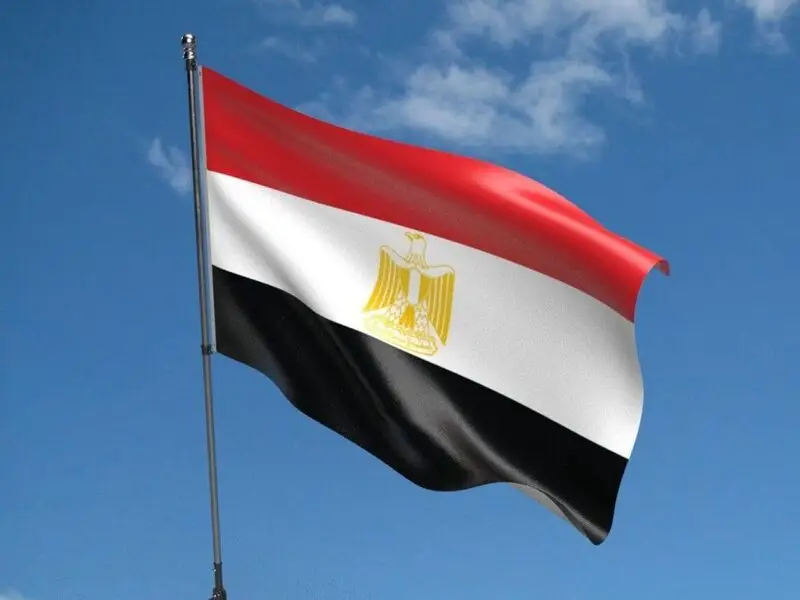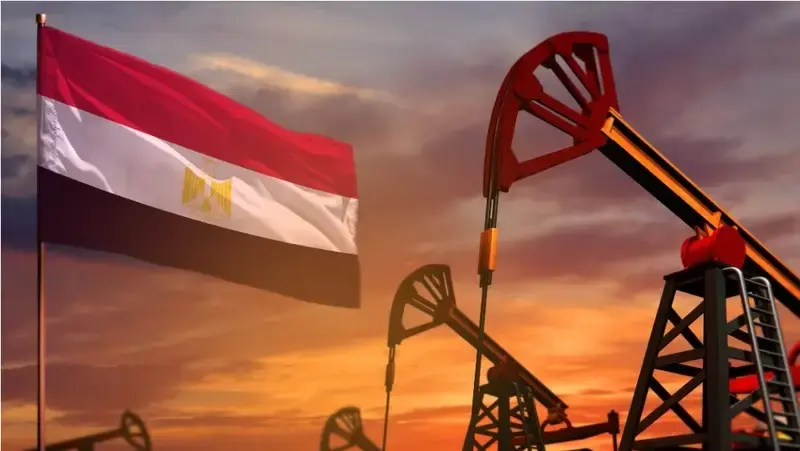Several members of the BRICS alliance produce and export oil and gas across the world. From Russia to Brazil and Egypt, the bloc controls 45% of the global oil and gas output. If Saudi Arabia had accepted the invitation in 2023, the supply could have soared further.
BRICS member Egypt announced on Friday the completion of a new drilling well in Zohr to produce natural gas. What caught everyone’s attention is not the announcement, but the sheer scale of the production capacity. The Zohr gas refinery, which is situated in the waters of the Mediterranean Sea, is estimated to produce 2 billion cubic meters of gas per day.
Also Read: US Weaponizes Oil Politics to Break BRICS’ Russia-China-India Axis
BRICS: Egypt To Boost 2 Billion Cubic Meters of Gas Each Day

The volume is equivalent to approximately 12.5 million barrels of oil per day. This gas production capacity also surpasses its BRICS counterpart, Brazil, and even Canada. The announcement reinforces Egypt’s ambitions to expand its energy capabilities and drastically reduce reliance on imports. This is a new and important milestone for Egypt that could lift its economy and gain control of the production output.
The new drilling for gas energy from Egypt inadvertently gives the BRICS alliance a boost in the arm. Various members are bringing different forms of energy, securing supply and export capacity. Apart from Zohr, Egypt also has another project in the Denise field, which is located at a depth of close to 98 meters below sea level. The goal is to assess new reserves and the drilling expected to reach a depth of 4.2 meters.
Also Read: BRICS Currency Not in Everyone’s Interest: Diplomat
Apart from exporting natural gas to BRICS members, Egypt also ships it to Israel and European nations. Egypt also sends gas to various other countries in different channels and forms, including LNG exports and pipelines. In August, Egypt signed a $35 billion trade deal with Israel’s Leviathan field to supply natural gas resources.






